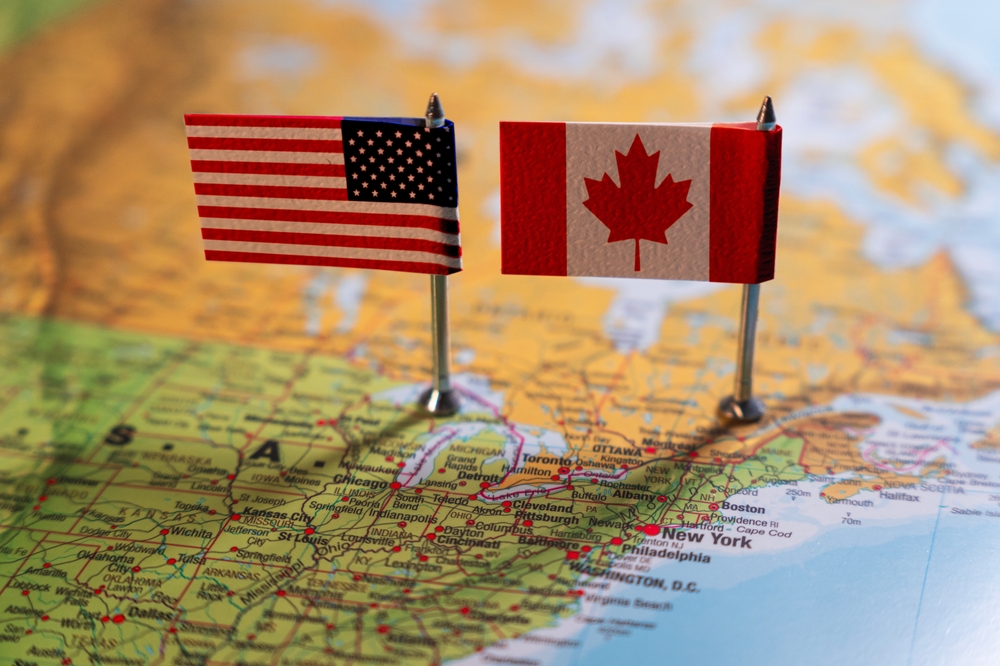Tucked into the southern tip of British Columbia’s Tsawwassen Peninsula lies Point Roberts, a U.S. town geographically detached from its own country. Accessible by land only through Canada, this 4.9-square-mile community of around 1,200 residents is both a scenic retreat and a logistical puzzle.
Surrounded on three sides by water and bordered to the north by Canada, Point Roberts is a “pene-exclave” — an American territory reachable from the U.S. mainland only by crossing an international border twice. This geographic anomaly, a byproduct of the 1846 Oregon Treaty, left the town under American jurisdiction despite its physical detachment.
For those who call it home, Point Roberts is defined by natural beauty, community spirit, and the constant balancing act between two nations.
Everyday Life in a Border Town
Life in Point Roberts is shaped by its unique location. With no major industry and limited services, residents regularly travel into Canada or back into the U.S. for essential needs. From school and healthcare to groceries and entertainment, nearly every aspect of daily life involves crossing the U.S.-Canada border.
“Everything revolves around border wait times,” says Neil King, a resident who relocated from Portland in 2021. “We schedule full days around doctor appointments, groceries, and errands because it’s not just a quick trip.”
Point Roberts Primary School stops at second grade. Children are either homeschooled, attend school in Blaine, Washington—requiring a bus ride through Canada—or enroll in Canadian private schools. Medical care is based in Bellingham or Blaine, with the two-hour round trip complicated by multiple border checks.
Despite the hurdles, many residents are drawn to the town’s safety, nature, and tight-knit atmosphere. “There are no stoplights, no traffic. It’s peaceful,” says Krystal King, who owns Kora’s Corner Country Store, a hub of the community.
A Deeply Interwoven Community
While American by law, Point Roberts shares strong cultural and economic ties with Canada. Many locals hold dual citizenship, fly both the U.S. and Canadian flags, and celebrate holidays from both countries. Canada Day and the Fourth of July are both widely marked, with local parades and community gatherings.
“Our biggest day of the year is July 4th, and Canadians cross the border to celebrate with us,” says Krystal. “Then on July 1st, we all put up red and white decorations for Canada Day.”
The local economy, however, heavily depends on Canadian visitors. Tourism, gas sales, and cross-border shopping are vital. The pandemic border closures in 2020 dealt a significant blow, and today’s rising political tensions and tariffs are again threatening economic stability.
“We’ve received messages from Canadian customers saying they’re boycotting travel to the U.S.,” Krystal adds. “It’s not personal, but we’re caught in the middle.”
Nature as a Constant and a Refuge
In a town defined by its geography, nature plays an outsized role. From the beaches of Maple Beach to the coastal bluffs of Lighthouse Marine Park, outdoor beauty is everywhere. Residents regularly encounter eagles, coyotes, deer, and even whales.
“Every morning I walk my dog and watch the sunrise with birds flying overhead,” says Neil. “It’s like living inside a nature documentary.”
The town is dotted with parks, trails, and waterfronts. A scenic bike path loops around the edge of the peninsula, and four county parks offer easy access to hiking, swimming, and wildlife spotting. In summer, orcas and humpback whales are visible offshore.
Even amid rising costs, uncertain border policies, and shifting political winds, many in Point Roberts remain deeply attached to their unusual corner of America.
“It’s not always easy, but the sense of safety and community makes it worth it,” says local librarian Kristin Lomedico. “You feel like you’re part of something unique.”


